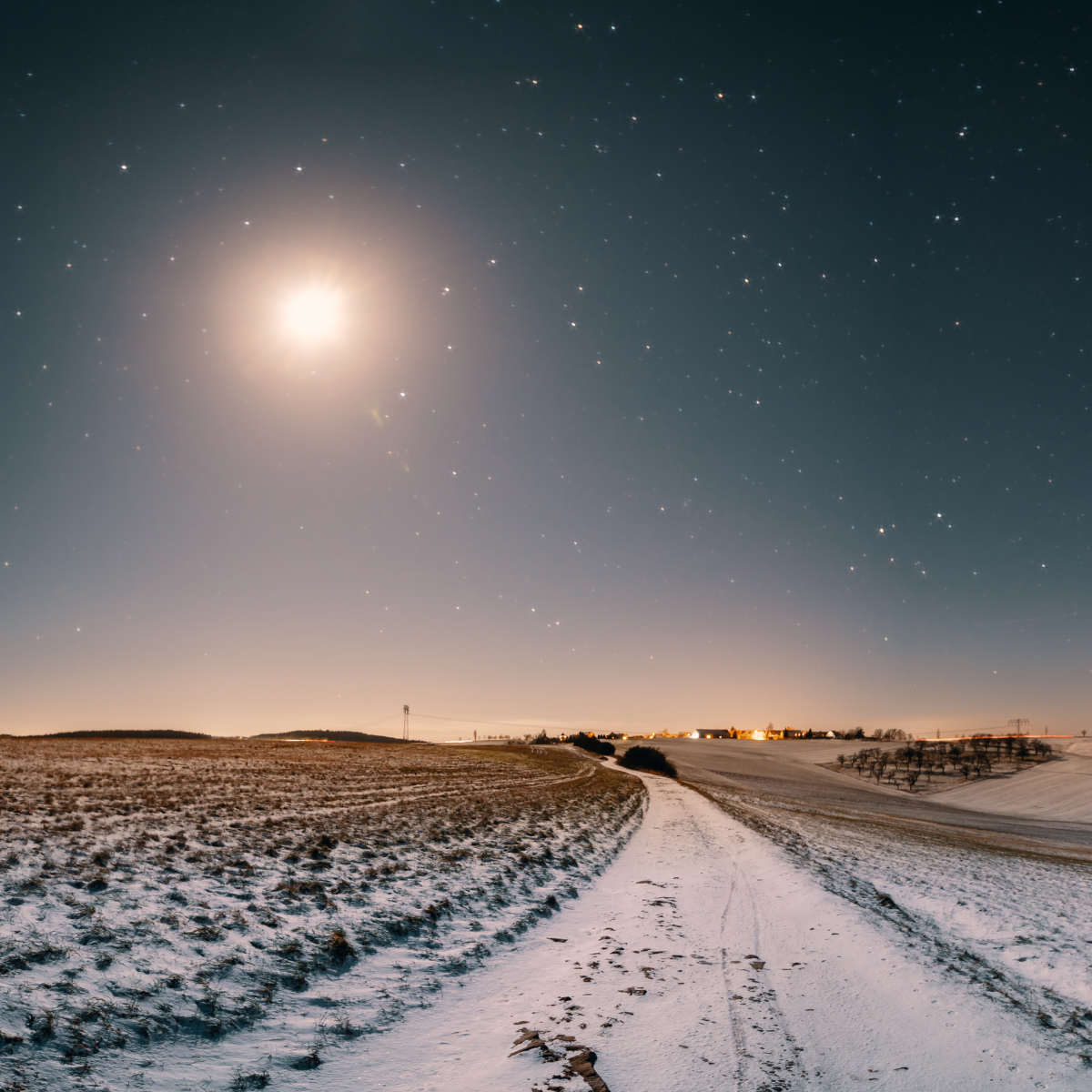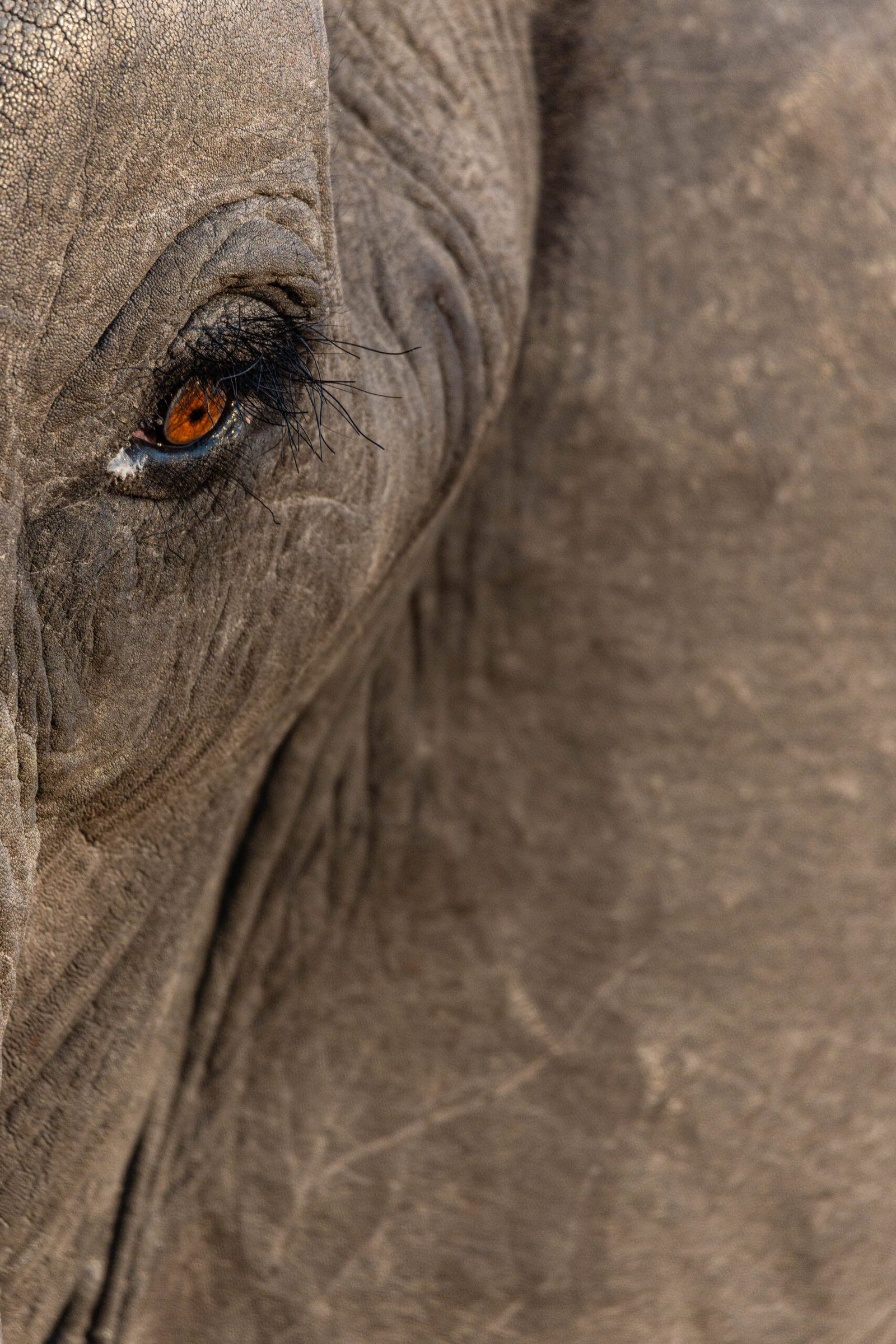
Fort Yukon, Alaska
Imagine a place where the crisp air nips at your cheeks and the solitude is as vast as the snow-covered landscape. Welcome to Fort Yukon, a small and remote city tucked away in the heart of Alaska. Surrounded by the stunning beauty of nature, this hidden gem offers a unique glimpse into the untamed wilderness of the Last Frontier. Venturing to Fort Yukon, you’ll discover a place brimming with rich history, tight-knit communities, and experiences that will leave you in awe. So bundle up, grab a steaming cup of hot cocoa, and let’s embark on a journey to the captivating world of Fort Yukon, Alaska.

Location
Coordinates
Fort Yukon, Alaska is located at approximately 66.5647° N latitude and 145.2571° W longitude. It is situated in the central part of the state, on the north bank of the Yukon River.
Geography
Nestled in the scenic interior of Alaska, Fort Yukon is surrounded by vast areas of wilderness and beautiful landscapes. The town sits atop a high bluff overlooking the Yukon River, providing breathtaking views of the surrounding forests and mountains. The area is known for its cold winters and relatively warm summers, making it a unique and diverse geographical region.
History
Early History
Fort Yukon has a rich and captivating history that dates back centuries. The region was originally inhabited by the Gwich’in Athabascan people, who relied on the abundant wildlife and natural resources for their survival. These indigenous communities have a deep connection to the land and have maintained their cultural heritage despite the challenges of colonization and change.
Establishment of Fort
In 1847, the Hudson’s Bay Company established Fort Yukon as a trading post in order to capitalize on the fur trade that was thriving in the region. This marked the beginning of a period of increased contact between European settlers and the native population. The fort became an important hub for fur traders, explorers, and gold prospectors, bringing a wave of economic activity to the area.
Gold Rush Era
Like many towns in Alaska, Fort Yukon experienced a surge in population during the Gold Rush era in the late 19th century. Thousands of prospectors flooded the area in search of their fortune, turning the once small trading post into a bustling town. Gold mining became a major industry in the region, attracting people from all walks of life and contributing to the economic growth of Fort Yukon.
Post-Gold Rush
After the initial excitement of the Gold Rush subsided, Fort Yukon underwent a period of transition and adaptation. As the demand for gold dwindled, the town shifted its focus to other industries such as trapping, timber, and subsistence hunting. The resilient community persevered through the challenges of isolation and changing economic conditions, establishing a stable and self-sufficient way of life.
Climate
Temperature
Fort Yukon experiences a subarctic climate, characterized by long, cold winters and relatively warm summers. The temperature can drop well below freezing during the winter months, with average lows of -20°F (-29°C) in January. However, summers provide some relief with average highs reaching the mid-70s°F (mid-20s°C) in July. It is important for residents and visitors alike to be prepared for the extreme temperature fluctuations that occur throughout the year.
Precipitation
The region surrounding Fort Yukon receives a moderate amount of precipitation. Rainfall and snowfall are relatively evenly distributed throughout the year, with an average of 10-15 inches (25-38 cm) of precipitation annually. The winter months tend to be drier, with most of the precipitation occurring during the summer months. Thick blankets of snow cover the landscape during the winter, creating a picturesque winter wonderland.
Demographics
Population
As of the latest census, Fort Yukon has a population of approximately 595 residents. The population has remained relatively stable over the years, with a slight increase in recent decades. The small size of the community fosters a close-knit and tight community where everyone knows each other.
Ethnicity
The majority of Fort Yukon’s population consists of Gwich’in Athabascan and other Alaskan Native groups. These indigenous communities have a strong presence in the town and play a significant role in preserving their cultural heritage. The diverse backgrounds and contributions of the residents enrich the cultural fabric of Fort Yukon, creating a vibrant and dynamic community.

Economy
Major Industries
Fort Yukon’s economy is primarily based on traditional industries such as trapping, hunting, and fishing. Residents rely heavily on subsistence activities to sustain themselves, as these practices have been an integral part of the local culture for generations. Additionally, some residents are employed in the public sector, working in education, healthcare, and government services.
Employment
Due to its remote location, employment opportunities in Fort Yukon are limited. Many residents have jobs that are centered around the local industries mentioned above, while others may work in administrative roles within the town. It is not uncommon for residents to have diverse skill sets and engage in multiple occupations to support their families and contribute to the community.
Transportation
Transportation in Fort Yukon revolves around the Yukon River, which serves as a vital lifeline for the town. In the summer months, boats and barges are used for transportation and freight hauling. During the winter months, when the river freezes, snowmobiles and dog sleds become the primary modes of transportation. Furthermore, Fort Yukon has a small airstrip that allows for regular air travel, connecting the town to other parts of Alaska.
Infrastructure
Education
Fort Yukon has a well-established school system that caters to the educational needs of the local community. The Yukon Flats School District operates a school in the town, providing education from kindergarten to 12th grade. The school focuses on providing a well-rounded education while also incorporating cultural elements to preserve the local heritage.
Healthcare
The community of Fort Yukon has access to healthcare services through the Fort Yukon Health Center. This health center provides medical care, preventive services, and emergency response for the residents. Additionally, the facility works closely with other regional healthcare providers to ensure a comprehensive and integrated healthcare system.
Utilities
The town of Fort Yukon is equipped with basic utilities necessary for daily living. Electricity is supplied to the community through a local power plant. However, it is important to note that access to utilities and infrastructure can be challenging in such a remote location, requiring residents and businesses to be resourceful and self-reliant.

Government
Local Government
Fort Yukon operates under a traditional Alaska Native tribal council system, which is deeply rooted in the cultural practices and values of the Gwich’in Athabascan people. The Yukon Flats Tribal Council serves as the governing body, making decisions that impact the community and addressing the needs of the residents. This form of local government ensures that the voices of the community are heard and represented.
Representation
Fort Yukon is part of the larger political structure of Alaska and is represented in both the state and federal governments. As part of the Alaska State Legislature, Fort Yukon falls within the jurisdiction of District 40. Additionally, the town is located in the unincorporated area of the Yukon-Koyukuk Census Area, which has its own local government structure.
Culture and Recreation
Traditions
The cultural traditions of the Gwich’in Athabascan people are deeply woven into the fabric of Fort Yukon. Through storytelling, art, dance, and music, residents celebrate and preserve their heritage. Traditional practices such as subsistence hunting and fishing continue to be an integral part of the community’s way of life, passed down through generations as a way to honor their ancestors and connect with the land.
Festivals
Fort Yukon hosts various festivals and events throughout the year that showcase the vibrant culture and community spirit. The Athabascan Fiddlers Festival is a notable event that brings together musicians from across the region to share their traditional music and dance. The Summer Solstice Festival and the Annual Fish Fry also provide opportunities for residents and visitors to come together and celebrate the local traditions.
Recreational Activities
The breathtaking natural surroundings of Fort Yukon offer a wide range of recreational activities. Fishing enthusiasts can explore the pristine waters of the Yukon River, known for its abundant salmon and Arctic grayling populations. Hunting opportunities abound in the surrounding wilderness, with game including moose, caribou, and waterfowl. The town’s proximity to remote wilderness areas also makes it an ideal destination for hiking, camping, and wildlife photography.
Tourism
Attractions
Fort Yukon may be off the beaten path, but its unique cultural and natural attractions make it an appealing destination for adventurous travelers. Visitors can immerse themselves in the local history by exploring the Fort Yukon Historic District, which includes the remnants of the original trading post. The nearby Arctic National Wildlife Refuge, with its stunning landscapes and diverse wildlife, also draws nature enthusiasts from around the world.
Outdoor Activities
The wilderness surrounding Fort Yukon offers countless opportunities for outdoor activities. Whether it’s hiking through pristine forests, kayaking along the Yukon River, or embarking on a multi-day hunting or fishing expedition, outdoor enthusiasts will find no shortage of adventure. The area’s rugged and untouched landscapes allow visitors to connect with nature in a truly unique way.
Wildlife
Fort Yukon is located in the heart of wildlife-rich territory. Visitors may encounter a wide variety of animal species during their time in the area, including caribou, moose, wolves, and a myriad of bird species. The region is also home to the iconic polar bear, which occasionally wanders south from the Arctic. For nature lovers and wildlife photographers, Fort Yukon offers incredible opportunities to observe and capture these majestic creatures in their natural habitat.
Transportation
Air
Fort Yukon is accessible by air through the Fort Yukon Airport, which receives regular flights from other parts of Alaska. Several regional air carriers provide service to the town, ensuring that residents and visitors can travel to and from Fort Yukon conveniently. The airport plays a crucial role in connecting the community with vital services and facilitating economic activities.
Water
The Yukon River serves as a vital transportation route for Fort Yukon, especially during the summer months when boats and barges navigate the waterways. The river provides access to other communities along its course, allowing for the transportation of goods, supplies, and people. Additionally, the frozen river in winter becomes an ice road, providing an alternative means of transportation when the river is not navigable.
In conclusion, Fort Yukon, Alaska, is a small, close-knit community with a rich history, breathtaking natural beauty, and a resilient spirit. Surrounded by pristine wilderness and steeped in cultural traditions, the town offers a unique experience for those seeking a true Alaskan adventure. From its early days as a fur trading post to the challenges and triumphs of the Gold Rush era and beyond, Fort Yukon has evolved into a place where the past and present harmoniously coexist. With its stunning landscapes, diverse wildlife, and a community deeply rooted in its heritage, a visit to Fort Yukon promises an unforgettable Alaskan experience.
